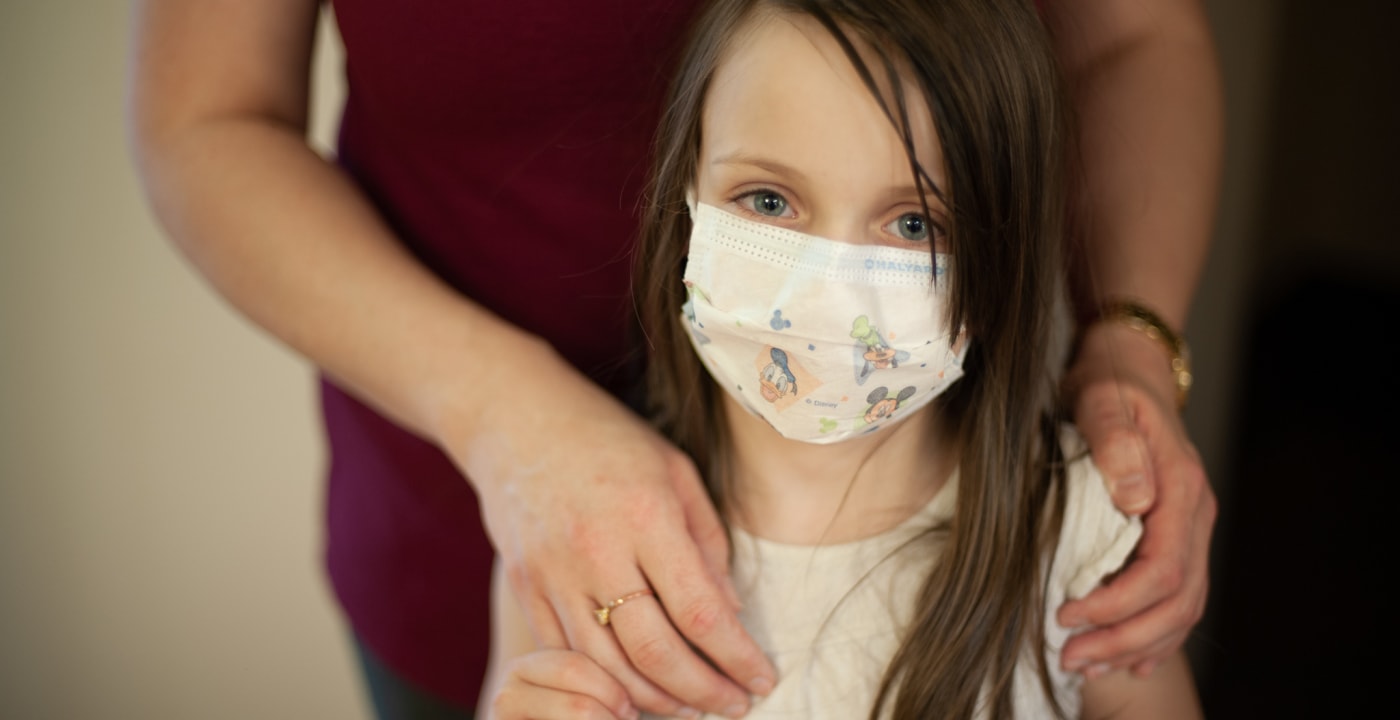Donors fuel Kids Mental Health Pierce County

In Pierce County, mental illness represents the second to third leading cause of hospitalizations for children ages 10 to 18. To respond to this critical need, Mary Bridge Children’s Hospital has formed a coalition of organizations and stakeholders known as Kids Mental Health Pierce County. This work is funded by donor support to Mary Bridge Children’s.
Over the last three years, Mary Bridge Children’s Emergency Department has seen a 400 percent increase in children who need emergency mental health care support.
“We’re seeing so many kids, there are times where I come in and look at our emergency department and they’re all behavioral health related cases,” Kids’ Mental Health Pierce County Project Manager, Ashley Mangum says.
“Most of the kids that we see don’t have a medical need to be in the hospital. We as a hospital become that defacto mental health service in the community because nothing else exists. School districts, community members, mental health professionals, law enforcement, emergency medical teams and primary care doctors all came together to talk about what the community needed and how we could develop a system of care for kids and no longer operate in the silos that we had been existing in before,” Ashley explains.
To keep this work moving forward, Kids’ Mental Health Pierce County was born. The collaborative’s priorities are to improve access and care coordination for mental health services, bolster youth mobile crisis services and ultimately develop a family wellness center in Pierce County for families and youth in crisis with workforce available to support this resource
“Behavioral health issues are continuing to impact our youth and our families in tremendous ways,” Ashley says, “It’s something that we have to look at as a public health issue and as something that is a priority, because, we spend a lot of money focusing on adults that are already severely, mentally ill instead of looking at early intervention.”
The collective started small, developing care maps to help families see all the social support resources available to them in one place. A major advancement has included the creation of a behavioral health focused multidisciplinary team (MDT), bringing together numerous agencies throughout Pierce County to discuss complex behavioral health cases. Access to the community MDT is open to all and is available through the collaborative’s website. By bringing multi-agency support together at one time, Kids’ Mental Health Pierce County has been able to accelerate Pierce county’s response to pediatric crises in previously unparalleled ways.
“For example, we met via web call for a patient who’s been in the emergency room for several days,” Ashley says. “We were able to get the child connected with the Developmental Disabilities Association (DDA), develop a safety plan, and offer recommendations for services and support — all in one day. Before, people were having to call multiple times, now we’re able to get everybody on the call, all at once to problem solve, which has been extremely helpful with COVID-19 because there have been so many extra barriers to services because of the limitations with face to face visits.”
Kids’ Mental Health Pierce County has also begun hosting monthly webinars for parents to support family resilience during the COVID-19 pandemic. Webinars are free and have been well received, with average attendance ranging from 150 and 200 families. Recent topics presented have included speaking to children about racism and racial injustice, supporting LGBTQ+ youth, and Special Education advocacy, strategies and resources to support parents and caregivers with school related stress. Webinars are recorded and available for viewing on the website.
HopeSparks, a behavioral health and family services organization, is an integral part of Kids Mental Health Pierce County. HopeSparks President and CEO, Joe LeRoy, thinks the work that has been done in such a short amount of time is very promising.
“Mary Bridge Children’s has been the backbone that has allowed this collective to move forward.” Joe says. “With Kids Mental Health Pierce County and the work that Ashley is doing, we are creating a front door to behavioral health access. Kids will no longer have to depend on a 911 call to get behavioral health care access.”
The collective’s partners at the Pierce County Sherriff’s Department agree. The work that is being done today will alleviate stress on other systems ill-equipped to handle mental health treatment.
“Funding mental health reform is a priority. It recognizes that public safety begins with a healthy community,” Chief of Staff for the Pierce County Sheriff’s Department, Mike Blair says. “The focus on youth creates a healthier community and saves our future systems from the failure of housing mental health patients in our jails, prisons and long-term emergency department intakes.”
Kids’ Mental Health Pierce County is doing everything they can to remove barriers to services and to create a healthier future for our community.
“We’ve grown from 100 stakeholders participating to over 500,” Ashley says. “I think that Kids’ Mental Health Pierce County has become the community expert in pediatric mental health.”




